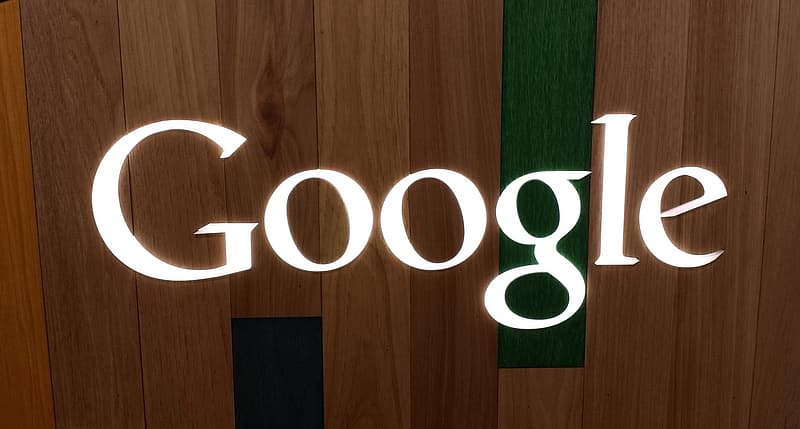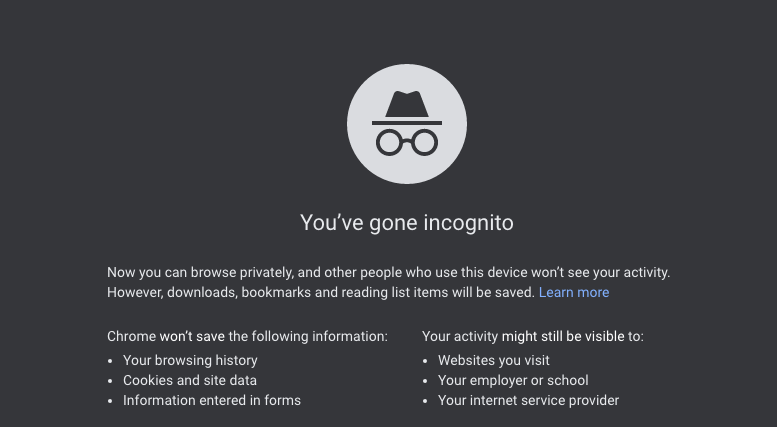Google Sued For Continuing To Track You, Even When You Shut Tracking Off
Google is facing a massive, class-action lawsuit with claims that the company was tracking user data even when they said they weren't
This article is more than 2 years old

Google is always going to be the target of folks looking to make a buck off the company. Typically that’s for some legitimate business reason and other times it’s going to be the litigious route with the opportunity to get into court and file for some damages of some sort or another. That’s the case with a recent lawsuit the company is facing with a group of users saying the company misrepresented its privacy settings. According to the lawsuit, the search engine company was actually tracking all kinds of data even when users had apparently turned that ability off in their browser.
The lawsuit against Google and its parent company Alphabet, Inc was actually filed all the way back in June of 2020 but the former had been working to have it thrown out of course. Those efforts failed and it looks the two parties are heading to court. The class-action suit alleges that Google is tracking data like location, web browser history, and other odds and ends even when a user enters Incognito Mode on the Chrome browser. This mode is marketed as the ability to turn off their search history and not have data stored for the user. But on Google-run web pages with plug-ins or ads, the search engine company is still very much logging user behavior. They just aren’t doing it on the browser-side of things.
In all, this class-action lawsuit against Google is seeking upwards of $5 billion in damages which Google is, of course, pushing back on. Their contention isn’t that they were doing anything untoward, but rather they say it is made clear that user data could still be collected in Incognito mode. When a user logs into this mode in Chrome they are met with this *warning* page:

Google claims that they are making it clear that websites and plug-ins might still be collecting user data and storing it. They themselves are taking no such action on the browser side, but the practice might still be taking place on those other sites, which happen to sometimes also have a ton of Google-related tech running on them. What we are talking about now is likely semantics. The company probably was being forthright in its claim that Chrome won’t store any of the information, but that they would get plenty of snapshots from all of the other places a user might visit in Incognito mode.
The lawsuit against Google is asking for roughly $5000 per user with a timeline spanning over a four-year (2016-2020) period. The legality piece falls under a Federal wiretapping clause. It’s not totally clear when this case will actually see the light of day in court. There’s some chance, now that the company failed to get it thrown out, that we see some kind of settlement to appease the masses. $5 billion is, of course, a massive number but this is also a company with a $1.5 trillion market cap, so it wouldn’t put them out of business if they were to lose. Time will tell if Google played a little fast and loose with their representation of Incognito mode.












